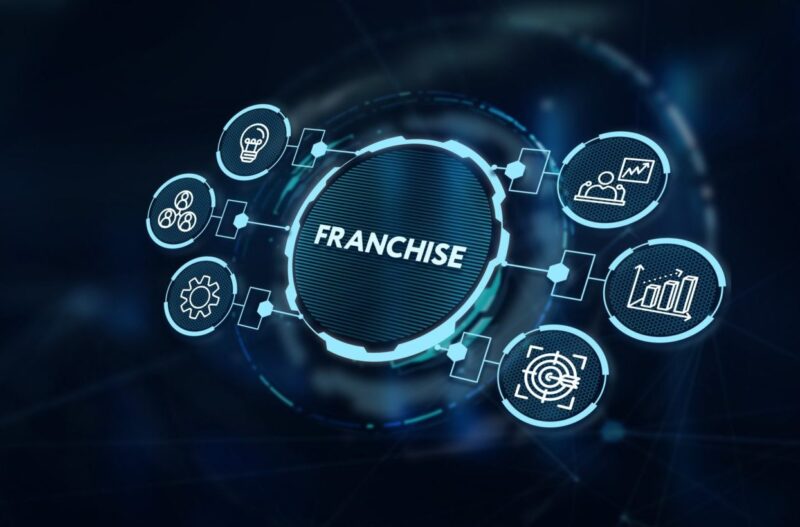Navigating the world of tech franchising is akin to sailing through uncharted waters, a journey that many new entrants find daunting. As the digital landscape evolves at a blistering pace, the legal frameworks governing tech franchises have become increasingly intricate, often leaving aspiring franchisees bewildered and overwhelmed.
The confluence of rapid innovation, regulatory compliance, and intellectual property rights creates a labyrinth of legal considerations that can seem insurmountable. With the stakes high and the potential for both rewarding success and catastrophic failure, one question looms large: is the current state of tech franchising law too convoluted for those looking to break into this dynamic market? This article explores the complexities of tech franchising law, shedding light on the possible barriers for newcomers while also examining pathways to demystify these legal challenges.
Introduction: Understanding Tech Franchising

Tech franchising represents a dynamic intersection of innovation and entrepreneurship, where aspiring business owners can leverage established brands in the rapidly evolving technological landscape. However, potential entrants often grapple with a labyrinthine maze of legal considerations that can seem insurmountable.
From the intricacies of franchise agreements to compliance with both state and federal laws, the legal framework governing tech franchises is anything but straightforward. Newcomers, often fueled by passion for technology and the promise of independence, may find themselves daunted by terms they struggle to decipher and obligations that seem endless. As the tech world continues to expand, understanding the foundational elements of these legal requirements becomes not just beneficial, but essential for anyone looking to carve out their niche in this lucrative market.
The Landscape of Tech Franchising Law

The landscape of tech franchising law is a complex and evolving interplay of regulations, intellectual property considerations, and franchisee rights. Navigating this intricate terrain requires a keen understanding of both the technological innovations driving the industry and the legal frameworks that govern them. In a climate where rapid advancements outpace legislation, new entrants often find themselves grappling with a patchwork of compliance requirements that can vary significantly from one jurisdiction to another.
The law is not just a static backdrop; its a living entity influenced by market trends, emerging technologies, and shifting consumer expectations. With provisions that can seem nuanced and overwhelming, prospective franchisors must not only familiarize themselves with the foundational aspects of franchising but also anticipate the potential pitfalls that could arise as they scale.
The dual challenge of mastering the unique elements of tech-driven models while adhering to established legal standards creates a labyrinthine path, one that can deter even the most determined entrepreneurs.
Challenges Faced by New Entrants

New entrants in the tech franchising arena often encounter a labyrinth of challenges that can feel overwhelming. The intricacies of franchising law, combined with the rapid pace of technological advancements, create a daunting landscape where legal jargon and regulatory compliance intertwine. New franchisees frequently grapple with deciphering complex Franchise Disclosure Documents (FDDs), a task that can seem insurmountable without legal expertise.
Moreover, the financial investments required are not only substantial but can also be poorly understood, leading to unexpected burdens. As they navigate these treacherous waters, aspiring franchise owners must also contend with the risk of exploitation by predatory franchisors, who may exploit their inexperience. It’s a unique blend of excitement and trepidation; while the prospect of joining a well-established brand is enticing, the road to successful franchise ownership is littered with obstacles that can thwart even the most determined newcomers.
Conclusion
In conclusion, the intricate landscape of tech franchising law presents both challenges and opportunities for new entrants seeking to navigate this dynamic industry. While the complexity of these regulations can seem daunting, understanding the nuances of franchise law is essential for success.
As technology continues to evolve and reshape the franchising model, simplifying legal frameworks will be crucial for fostering innovation and enabling aspiring entrepreneurs to thrive. By promoting clearer guidelines and supportive resources, the industry can attract a diverse range of new players, ultimately driving growth and enhancing competition within the tech franchise sector.

